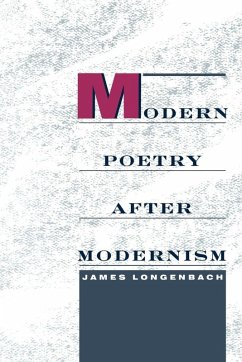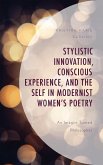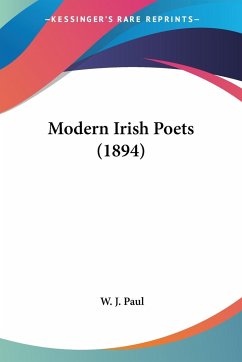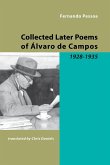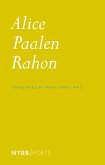This book is intended for students and scholars in modern poetry and literary criticism.
Robert Lowell and many who followed in his personal, reflective style, such as John Berryman, W.S. Merwin and Adrienne Rich, have been seen as breaking with the influence of T.S. Eliot and the New Critics. But as Jim Longenbach notes in his new book, this "breakthrough" narrative no longer makes good sense, due to our changing conceptions of what constitutes modernism and its New Critical values, and the now-ubiquitous use of the term "post-modern". Longenbach's new book offers a wide-ranging account of the past 40 years of American poetry and allows for fuller appreciation of women poets.
Hinweis: Dieser Artikel kann nur an eine deutsche Lieferadresse ausgeliefert werden.
Robert Lowell and many who followed in his personal, reflective style, such as John Berryman, W.S. Merwin and Adrienne Rich, have been seen as breaking with the influence of T.S. Eliot and the New Critics. But as Jim Longenbach notes in his new book, this "breakthrough" narrative no longer makes good sense, due to our changing conceptions of what constitutes modernism and its New Critical values, and the now-ubiquitous use of the term "post-modern". Longenbach's new book offers a wide-ranging account of the past 40 years of American poetry and allows for fuller appreciation of women poets.
Hinweis: Dieser Artikel kann nur an eine deutsche Lieferadresse ausgeliefert werden.

